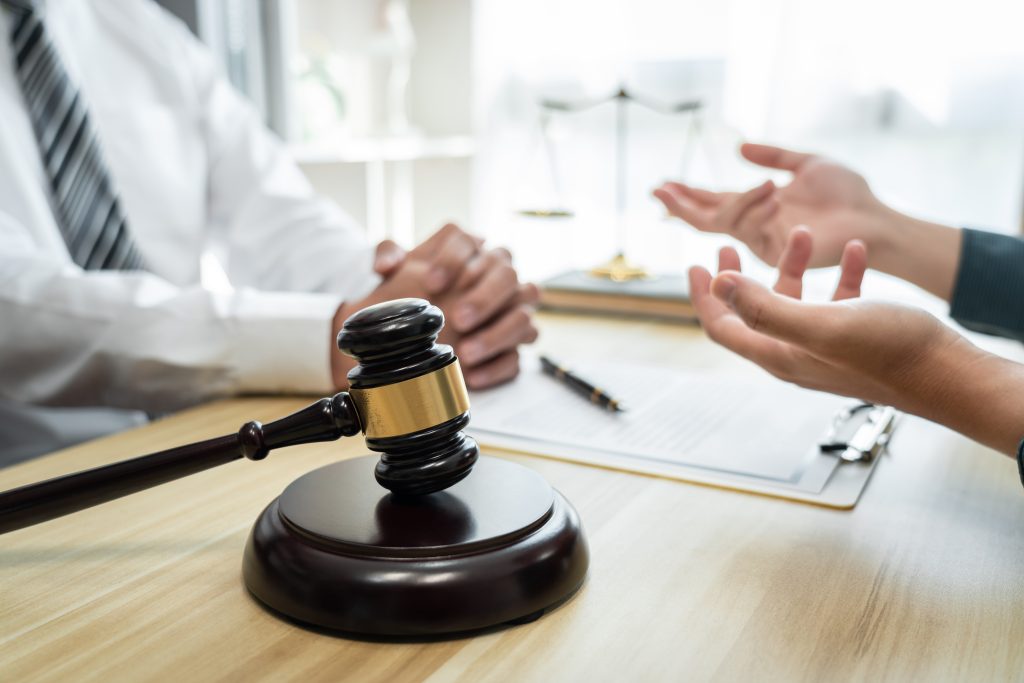
A personal injury lawsuit can be a daunting prospect, especially if you’ve never been through the legal process before. Understanding the key steps involved can help demystify what to expect when pursuing a personal injury claim.
- Consultation with an Attorney:
The process typically begins with a consultation with a personal injury attorney. During this meeting, you’ll discuss the details of your case, and the attorney will assess its merits. If both parties decide to proceed, the attorney will become your legal representative.
- Investigation:
Once retained, your attorney will conduct a thorough investigation. This may involve gathering evidence, obtaining witness statements, reviewing medical records, and assessing the extent of your damages.
- Demand Letter:
Your attorney will draft a demand letter to the at-fault party’s insurance company, outlining your claims and the compensation you’re seeking. This step often initiates negotiations.
- Negotiations:
Insurance companies may respond with counteroffers or disputes. Negotiations can be lengthy as both sides seek to reach a settlement that is fair and compensates you adequately for your injuries.
- Filing a Lawsuit:
If negotiations fail to produce a satisfactory settlement, your attorney will file a lawsuit. This initiates the formal legal process and requires the defendant to respond to the allegations in court.
- Discovery Phase:
During the discovery phase, both sides exchange information and evidence related to the case. This may include depositions, requests for documents, and written questions.
- Pretrial Motions:
Before the trial, there may be pretrial motions and hearings to address various legal issues, such as admissibility of evidence or summary judgments.
- Trial:
If the case doesn’t settle during negotiations, it proceeds to trial. A judge or jury will hear the evidence, and both parties will present their arguments. The judge or jury will then make a decision on liability and damages.
- Appeals:
After a trial, either party may choose to appeal the decision if they believe errors were made during the legal process.
- Settlement or Compensation:
If you win the case, the defendant may be ordered to compensate you for your injuries. If you lose, you may not receive any compensation unless an appeal is successful.
Navigating a personal injury lawsuit can be complex, but having an experienced attorney by your side can make a significant difference. They will guide you through each step, negotiate on your behalf, and work to secure the compensation you deserve for your injuries.
Sources:
American Bar Association. (2021). What to Expect in a Lawsuit. https://www.americanbar.org/groups/public_education/resources/law_issues_for_consumers/lawsuit/
Cornell Law School Legal Information Institute. (n.d.). Stages of a Civil Case. https://www.law.cornell.edu/wex/stages_of_a_civil_case
